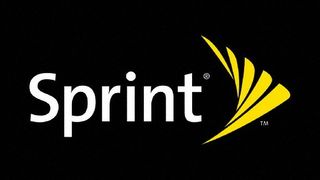Report: East Coast Sprint stores out or nearly out of iPhone 5's
Supply drains under high demand

Sales of the iPhone 5 at carrier stores are apparently off to a raucous start as Sprint's East Coast stores are reportedly running out of or are completely drained of the new smartphone.
Taking a positive spin, a Sprint representative told CNET the company is "pleased with the response from new and existing customers to [the] iPhone 5 from Sprint."
TechRadar has reached out to Sprint to see how supply at other national stores is holding up and when East Coast stores can expect a re-fill.
The carrier is the only one among three U.S. carriers (the others being AT&T and Verizon) to offer the iPhone 5 on an unlimited data plan, however its limited 4G LTE deployment dulls its competitive edge.
The iPhone 5 is the first Apple smartphone to sport the "ultra-fast" connectivity capability.
iPhone 5 showdown
AT&T told TechRadar it has no information to share on sales or supply at this time.
A Verizon representative told TechRadar the carrier isn't commenting on sales or inventory levels.
Are you a pro? Subscribe to our newsletter
Sign up to the TechRadar Pro newsletter to get all the top news, opinion, features and guidance your business needs to succeed!
"However, things are going smoothly at all our stores," the representative said.
While figures are few and far between for now, AT&T - which was the first and only U.S. carrier to pick up Apple's iOS handsets for quite some time - reportedly grabbed the majority of orders for the phone.
When pre-orders for the iPhone 5 started Sept. 14, the carrier reported record-breaking sales over opening weekend. According to ComScore, a data collection firm, AT&T nabbed 68 percent of pre-orders for the iPhone 5.
Verizon, by contrast, took 25 percent of orders while Sprint grabbed eight.
Via CNET
Michelle was previously a news editor at TechRadar, leading consumer tech news and reviews. Michelle is now a Content Strategist at Facebook. A versatile, highly effective content writer and skilled editor with a keen eye for detail, Michelle is a collaborative problem solver and covered everything from smartwatches and microprocessors to VR and self-driving cars.
Most Popular



